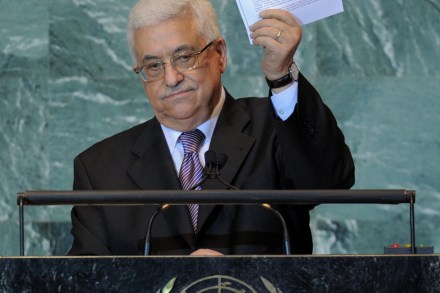Will Israel bomb a near-nuclear Iran in 2012?
An Israeli strike on Iran has to be the most over-predicted event of recent years. It was meant to happen last year. And the year before that. But now there are reasons why 2012 could, indeed, be the year when Israel will find it propitious to take overt military action against Iran’s nuclear programme. (Everyone assumes that a range of covert activities, from assassinations to cyber attacks, are already ongoing). The Iranian government is moving closer to having the requisite capabilities, and can reasonably be expected to take the final steps towards nuclearisation. What better way for Tehran to distract attention from their burgeoning problems — including sanctions, economic hardship,
















